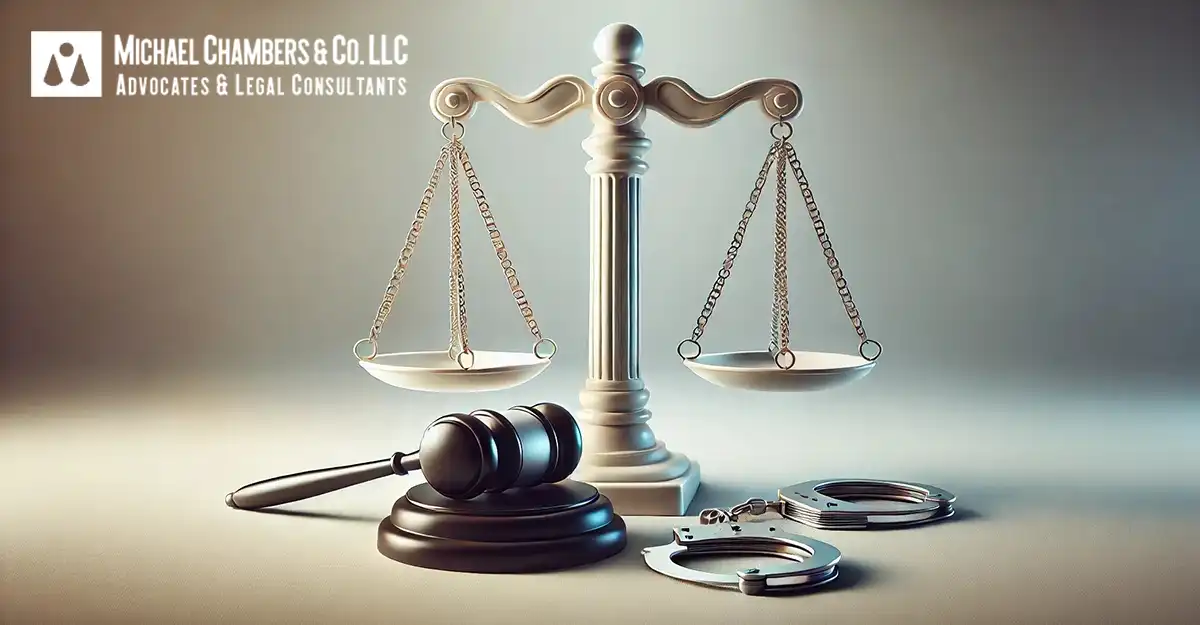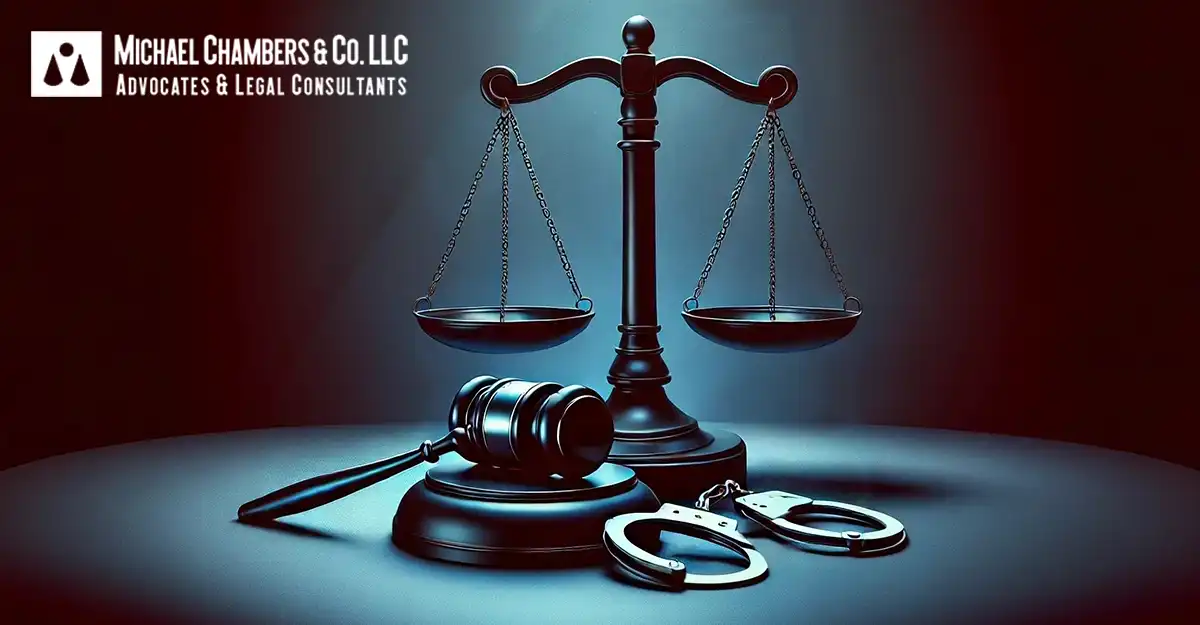Evidence law refers to the rules and legal principles that define the proof of facts in a legal proceeding. As the available evidence shapes the judge’s decision, evidence law indicates what evidence should or should not be taken into consideration by the Court.
In Cyprus, the proof of facts in a legal proceeding is regulated by the ‘Evidence Law’ (Cap. 9). Cyprus evidence law follows the principle of English evidence law that treats together civil and criminal processes. Under Article 3 of Cap.9, the applicable evidence law in Cyprus is the English Law applicable on the 5th of November 1914.
Main Categories of Evidence:
- Oral Evidence consists of the statements and testimonies of witnesses who appear physically before the Court. According to section 2(1) of Cap. 9, ‘statement’ is defined as ‘any production or description or performance of a fact or production or expression of an opinion, which is produced orally or written or otherwise’[1]. Moreover, Cap.9 clarifies that a witness can give evidence only of facts of which he/she has personal knowledge or express his/her opinion as an expert. In some cases, the opinion of experts is required for the determination of Court’s decision. For example, in the event of injury caused by medical malpractice, the opinion of a doctor becomes necessary.
The witnesses should always testify under oath. If a witness commits the offence of perjury, then he/she is liable to imprisonment.
- Hearsay Evidence is defined as ‘a statement which was made by a person other than the one giving evidence in any civil or criminal procedure and which is introduced as evidence in proof of everything mentioned therein.’ Particularly, a witness is allowed to provide the Court with evidence, that he/she himself/herself has heard directly or perceived through his/her own senses. For instance, a witness can give evidence that he/she heard the defendant crying while entering the building. However, he/she cannot claim that someone else told him/her so.
According to Article 24 of Cap. 9, the Court may, at any stage of the legal proceeding, reject hearsay evidence, if it considers that this impedes the proper administration of justice.
- Documents include anything in which information of any description is documented.
Under Article 34, the content of a statement which is included in a document and is admissible evidence, can be proven only by:
- The presentation of the original document or,
- A copy of the original document provided that there is sufficient justification for not presenting the original.
Present evidence:
The litigant bears the legal burden of proof. That is to say, he/she has to present the relevant evidence in the legal proceeding in order to prove and endorse his/her argument. Not providing the Court with the necessary evidence may result in losing the case. For more information about this topic, contact one of our Cyprus lawyers.
Our philosophy and evidence law:
The Cyprus law firm Michael Chambers & Co. LLC has a straight-forward philosophy: you give us the facts and we will give the law, based upon which we will undertake your instructions and offer you the best possible representation. In other words, you discuss your case thoroughly, in absolute confidence, with one of our Cyprus lawyers. Then our legal team will review all the facts provided by you and proceed with the collection of evidence in order to achieve the best possible outcome for you effectively and efficiently. If you wish to speak to one of our lawyers, then please contact us: info@chambers.law



